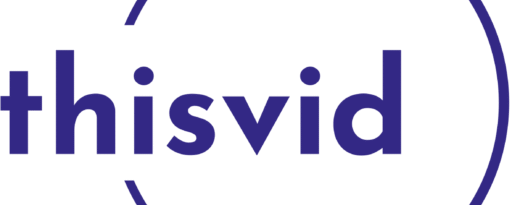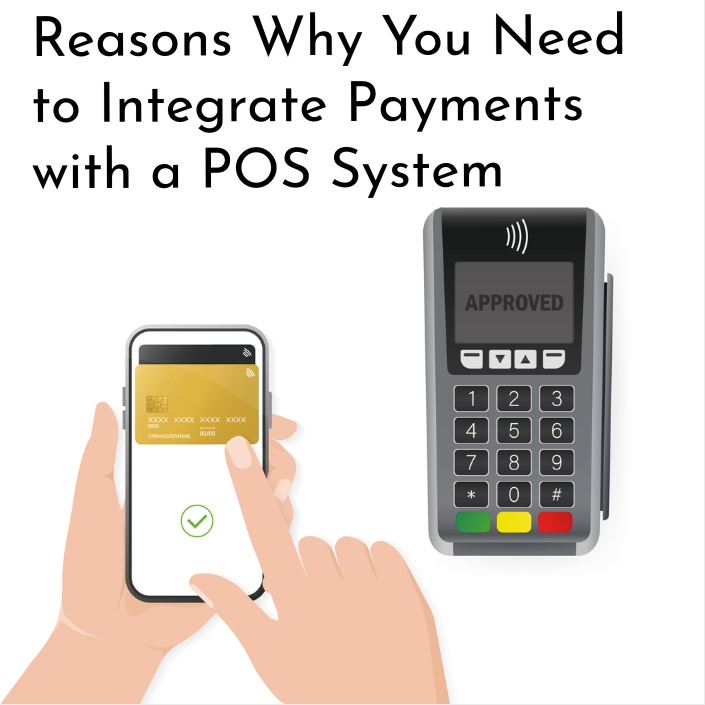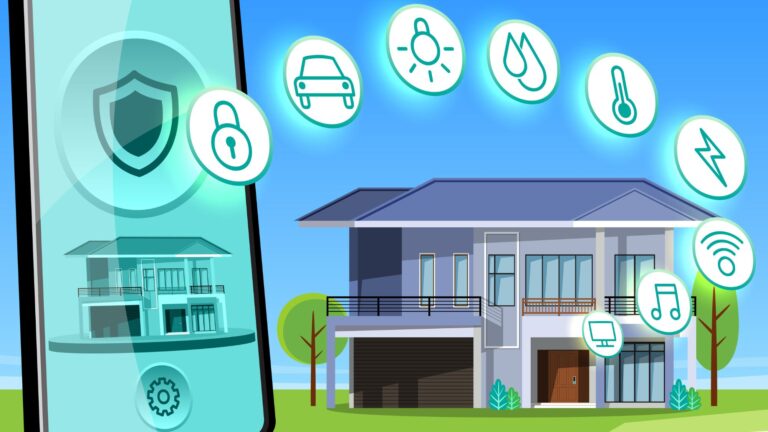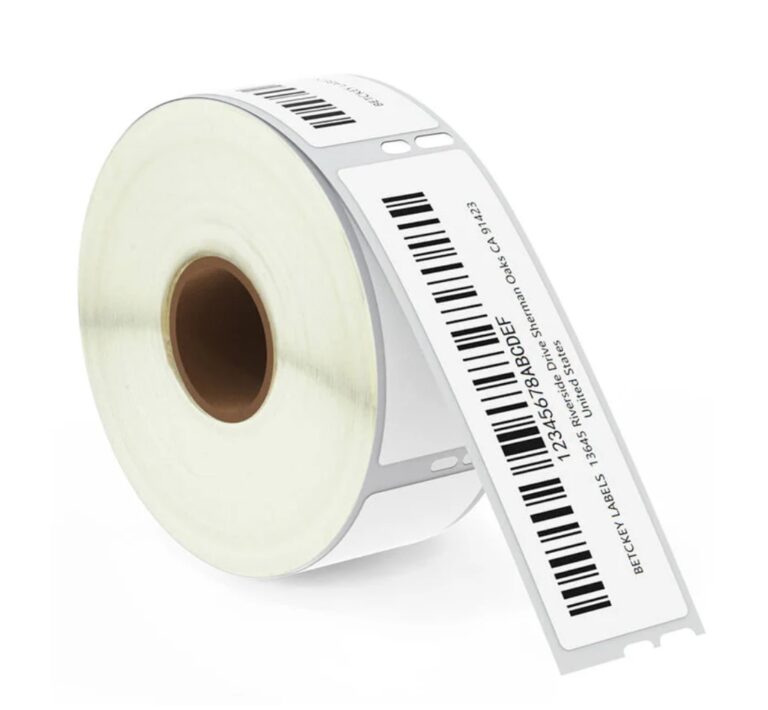Reasons Why You Need to Integrate Payments with a POS System
Modern cloud-based point-of-sale (POS) systems do more than manage cash register transactions. In addition, they have features that support business operations from the moment of opening to the end of the day and beyond. These days, integrated card readers that you can order after creating an account are frequently used with point-of-sale apps. This way, you only must deal with one business for software, hardware, fees, and support. To save on hassles, small businesses are finding it increasingly attractive to use an all-in-one POS platform.
Whether a business is run online or brick-and-mortar, having an integrated point-of-sale system is critical to its success. The demand for POS systems is growing rapidly. But to take full advantage of the benefits at the point of sale, you need an integrated point-of-sale system that combines several features. Let’s explore the definition of an integrated POS system and the benefits that integrated payments can bring to businesses.
What is an Integrated POS System?
An integrated POS system is a platform that links sales data to your other business apps. Also, they should be able to communicate data without any problem. A cash register or sales record book was the only component of traditional POS systems. Then you will have multiple systems to track your product list, manage your stock, make payments, and more. As you might expect, this is an inefficient way of working. Also, many of these processes are manual. So, when you work in isolation on many aspects of your business, it becomes more difficult for you to maintain coordination and grasp the big picture. Depending on what you need to do, each of the various integrated POS systems available on the market has its strengths. For example, one may have strong personnel management features, while another may have a strong CRM component.
Why are integrated payments valuable to businesses?
POS integrations affect every aspect of your business, from managing inventories and invoices to accepting various payment methods and storing customer shopping preferences. With an integrated POS system, your team can focus on more important tasks, such as providing exceptional customer service, because it simplifies operations and reduces administrative load. An integrated POS system can offer useful information about customers behaviour and buying trends in addition to streamlining the checkout process. Let’s examine the advantages of integrated POS systems in more detail.
Simple Integration
Integrated POS systems can connect seamlessly with third-party apps, including accounting software, marketing automation software, and loyalty management systems. Dealing with multiple vendors is cost-effective and seamless when using a POS system. This creates new opportunities and expands the scope of what a POS system can do. Alternatively, you may manage only one data pool and one POS supplier.
Fast Checkout
The automated feature of integrated payments, which expedites the checkout process, may be its most evident advantage. However, a non-integrated POS system requires you to process a card payment separately at a standalone card terminal and then manually validate it, since the POS software doesn’t know when the payment is complete. An integrated POS system speeds up the process due to its reduced processes.
Enhanced Productivity
POS systems linked to your merchant services, such as credit card processing, eliminate the need for a customer to log in when checking out manually. Besides saving time, it also reduces the risk of human error. This card processing method will make Your final reconciliation more accurate and simpler.
Enhanced Security of Payments
POS e-commerce integration ensures that customers do not need to be redirected to an external landing page to submit their payment details. Additionally, payment processor integration adds additional layers of security, such as data encryption and compliance with the Integrated Payment Card Industry Data Security Standard (PCI DSS), which reduces the risk of online fraud.
Eliminates Manual Errors
When a card machine is linked and synced with POS software, you don’t need to do a transaction individually. This implies that if the amount is correctly inputted at the POS register, the amount processed at the card machine will always be correct. A card machine for business also prevents users from entering incorrect figures into the keypad and recording transactions incorrectly, effectively eliminating human error.
Save Money
Sticking with the same supplier for POS software and payment processing may be less expensive than obtaining separate contracts for each. If you choose a POS system, you pay only the initial cost of the card machine rather than a monthly subscription. Instead, there is a cash transaction fee for card payments and a fixed monthly cost for point-of-sale software. With a free point-of-sale app and a low-cost card reader, you can save significant money with less turnover. While going with a single contract, using an independent payment provider to link to the POS system may result in fewer card charges.
Reduces Accounting Time
By integrating your POS system and card payments with accounting software, you can save time. This way, daily sales data is automatically entered into your accounting software without requiring any action. If your card machine is integrated with EPOS, you don’t need to manage different reports to send to the accounting platform or cross-check data between POS and card processing reports. Totals always match because, merchants using payment-integrated point-of-sale systems do not need to manually record transactions at the card terminal. However, with non-integrated POS systems, errors can occasionally occur where a transaction from a card machine seems to be for a different amount. These differences may cause you to lose time when attempting to address your bookkeeping.
Better Sales and Cash Flow
Real-time payment processing is ensured through combined credit and debit card processing. Even when there are a lot of transactions, the manual entry process will not result in the delay. As a result, you can make more sales on a day. Additionally, by connecting your point-of-sale system with accounting software you can gain useful information and insights.







